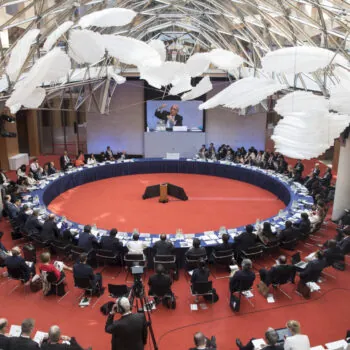With the recent UN warning that emissions are on track to exceed the 1.5°C rise by 2030, it is imperative that all parties at COP24 work together to realign finance flows to meet this crucial commitment.
Article 2.1c of the Paris Agreement breaks new ground. It is the first time that the United Nations Framework Convention on Climate Change (UNFCCC) process has set a collective goal reflecting the full scale of effort needed on finance to successfully address climate change. It acknowledges a vital piece of the puzzle in tackling climate change, sending a strong signal about the need to look at all finance (both public and private, domestic and international) and ensure it is supportive of, and not undermining, the transition to a low-greenhouse gas emission, climate-resilient world.
To meet their commitments under the Paris Agreement and reap the wider benefits of climate-compatible investment, governments and non-state actors need to identify processes – both within the UNFCCC and beyond – to operationalise Article 2.1c and explore the array of tools available to cost-effectively manage the transition.
This paper develops a three-part framework to support governments and non-state actors to identify opportunities to: (1) drive action to mobilise and shift finance; (2) track progress against Article 2.1c; and (3) increase ambition. As part of highlighting the approaches that can be taken both inside and outside of the UNFCCC, the authors also outline the four key sets of tools that primarily governments can employ to shift finance. This toolkit includes financial policies and regulations, fiscal policy levers, public finance and information instruments.
The research recommends that Parties to the Paris Agreement must deploy all the tools they have on hand to realign finance with climate goals, and there is a need to act urgently: the 2018 IPCC report found that to keep warming to 1.5°C the world needs to reach net-zero greenhouse gas emissions within 25 years. More starkly, emissions are currently on track to exceed the ‘carbon budget’ for 1.5°C by 2030. There is no time to delay.


